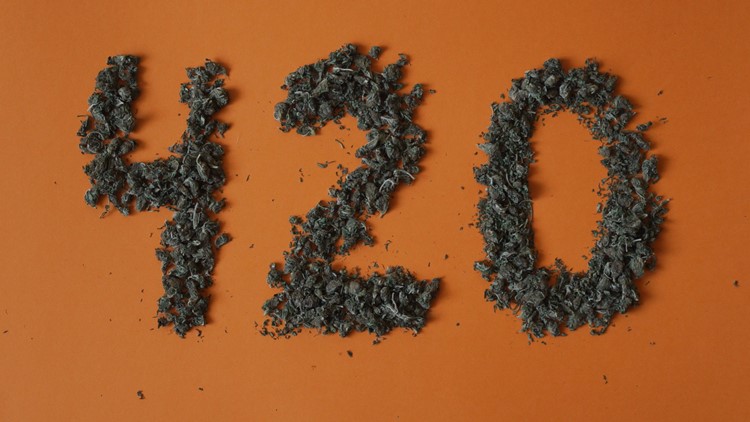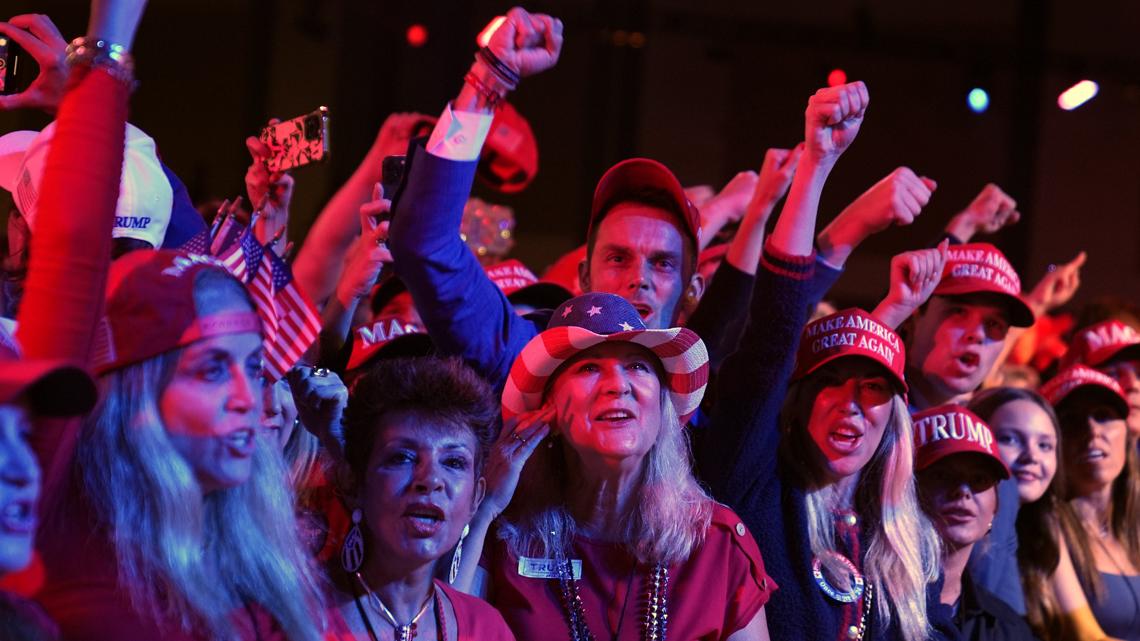April 20 has become a holiday in cannabis culture because of the now-commonplace codeword.


WASHINGTON — The date is April 20 — that’s 4/20 on the calendar — which makes this an unofficial holiday in cannabis culture.
QUESTION:
How did the number 420 become synonymous with marijuana – and is it based on California penal code, police shorthand, the plant’s scientific makeup, or a musician’s birthday?
THE SOURCES:
THE ANSWER:
It’s hard to know with absolute certainty, but no – each of those popular theories is easily debunked. A group of former self-professed hippies from California takes credit for coining the term as high school students.
WHAT WE FOUND:
420– never “four hundred twenty,” but quite often associated with consumption of cannabis.
Is it based on a California Penal Code?
No. Despite a common explanation that section 420 refers to marijuana-related offenses, we looked it up: that code actually has to do with property offenses.
Is 420 a police code related to marijuana?
A popular theory, but the answer is no.
There can be some variation in communication among departments, but 420 is not a common or standard radio shorthand.
Those usually start with 10, like you can see in this list of radio codes in California published by Stanford.
Is it because there are 420 active chemicals in marijuana?
The most scientific-sounding of all the possible explanations, this isn’t it either: according to NIH-published research, cannabis contains more than 550 chemical compounds, including THC and CBD.
Is it Bob Marley’s birthday?
Another no. According to the Bob Marley Museum, the reggae-singer and icon of cannabis culture was born February 6.
So if these are all tall tales surrounding the high number, where did it come from?
It’s hard to Verify completely, but the strongest lore dates back to 1971 and surrounds a clique of self-professed hippies in San Rafael, California, nicknamed “The Waldos.” On the groups official website, they claim it began with a plan to meet on campus and get high at 4:20 in the afternoon.
The story goes: eventually the friends’ connection with the group The Grateful Dead and some love from "High Times Magazine" helped coin the term – which has today moved from code, to commonplace.
“It’s got momentum and it's not it's not going to stop,” said cannabis consultant Corey Waggoner, who adds that means greater accessibility to marijuana’s medical uses—and less stigmatization around consumption for medical or recreational purposes. “What I think what it shows in society is a bigger acceptance.”
.png)









 English (US) ·
English (US) ·